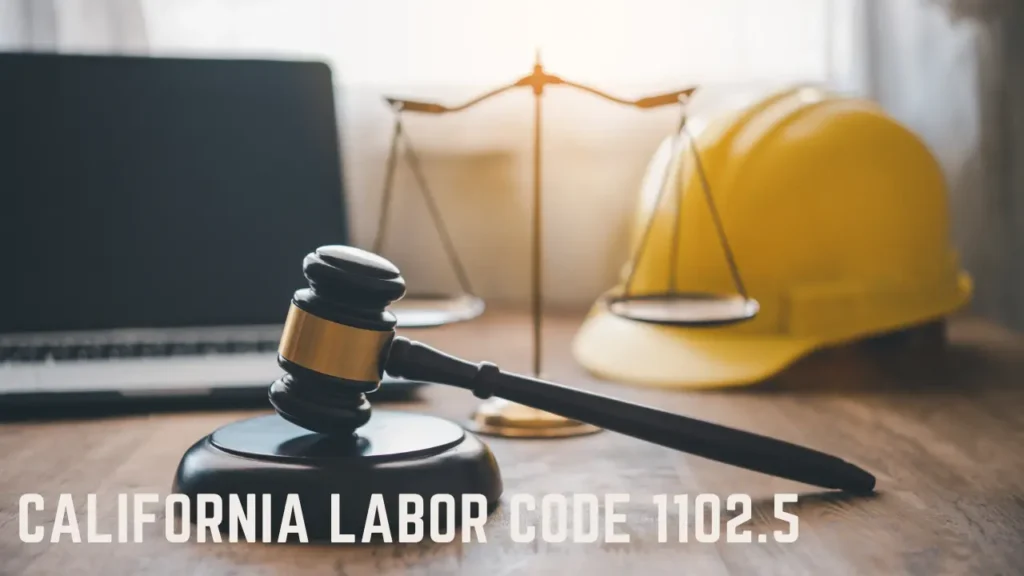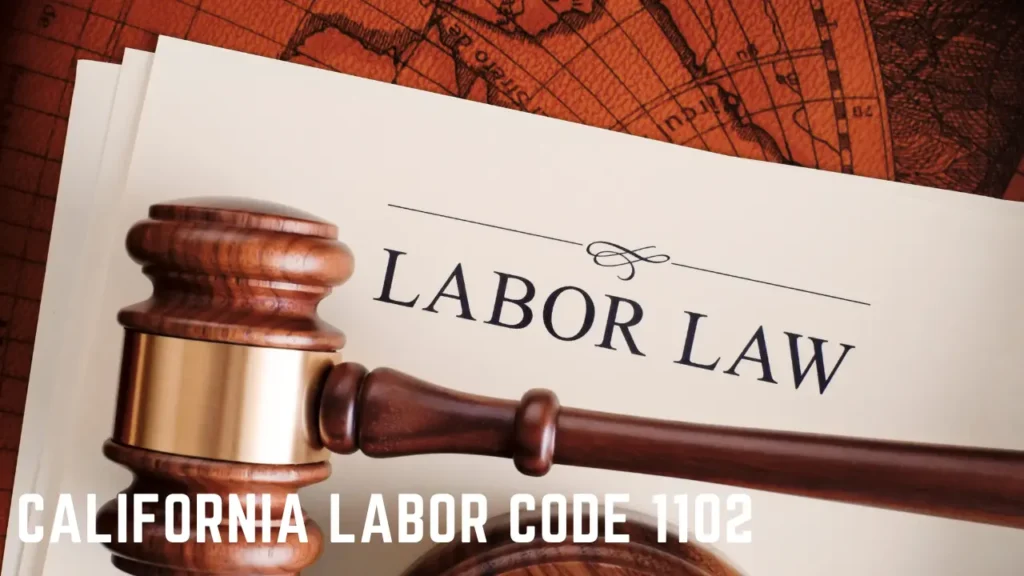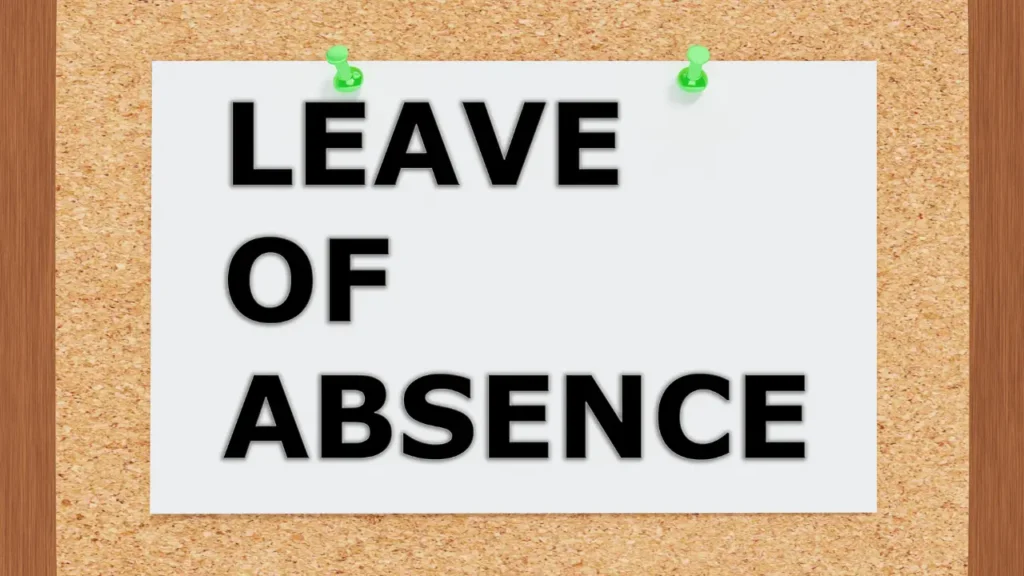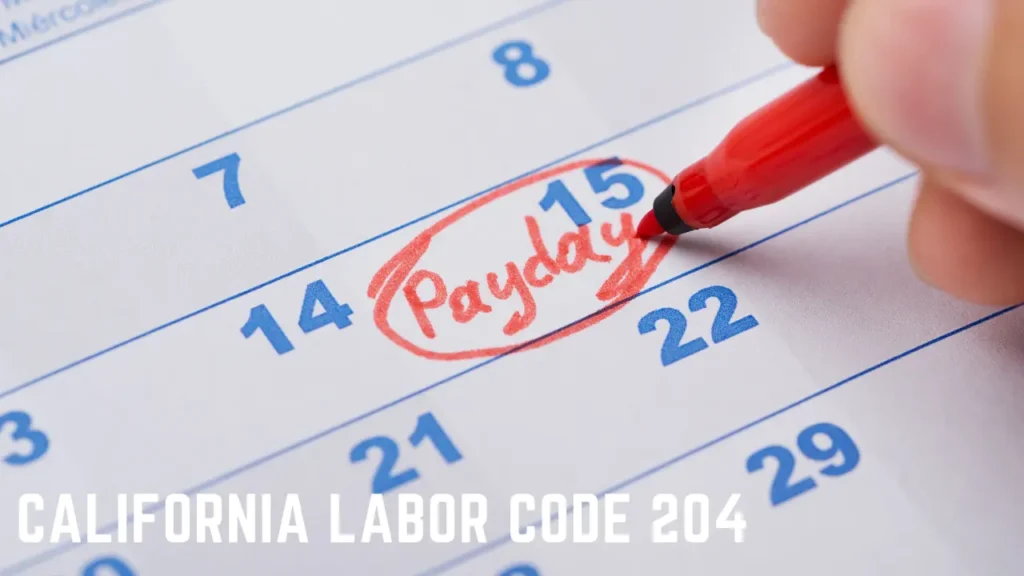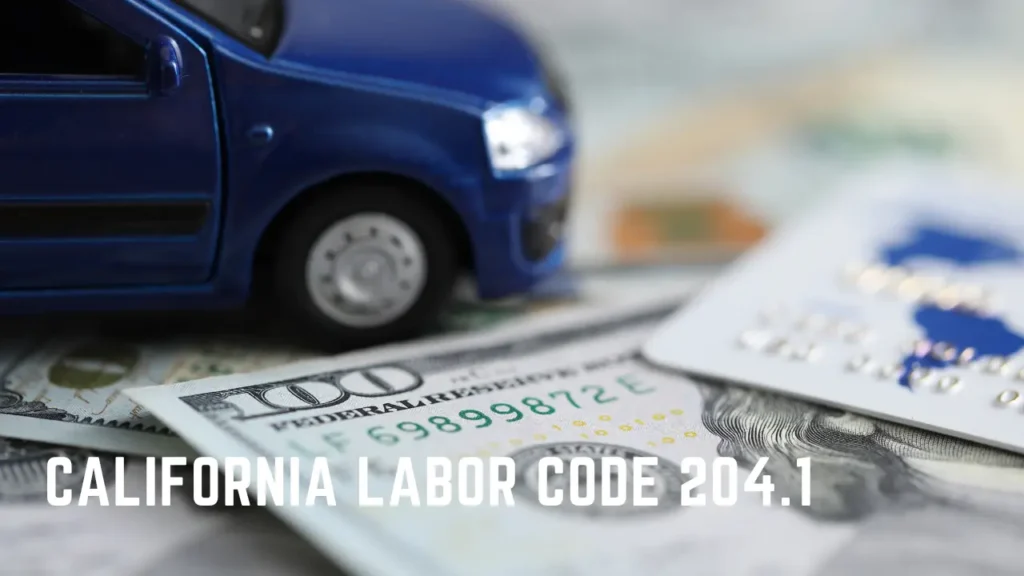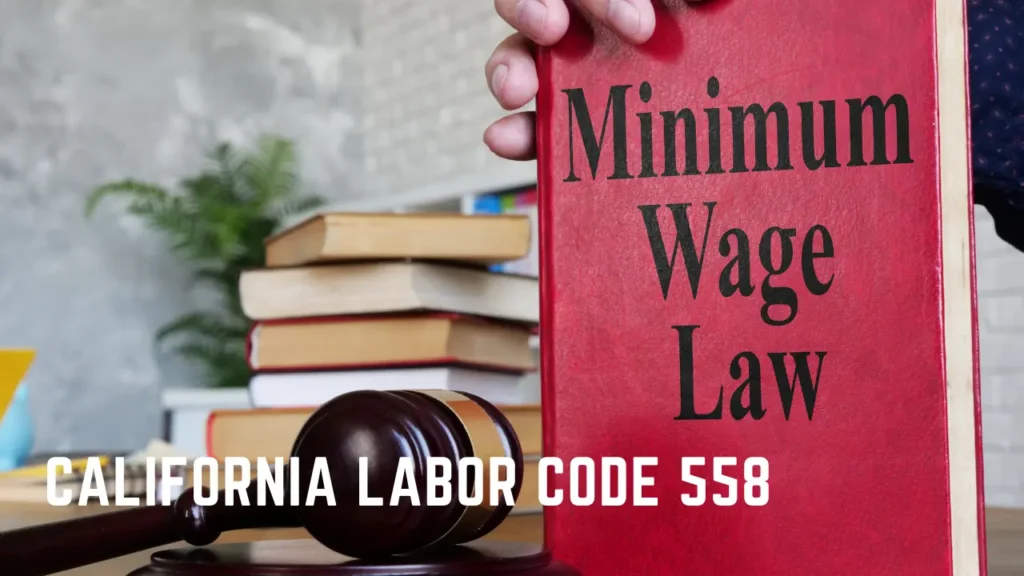Table of Contents
ToggleYou’ve got rights and protections, and there could be exceptions to this rule. Deceived by your employer? There’s a solution.
Let’s dive into the complexities of California’s ‘at-will employment’ to ensure you’re fully aware of your rights and potential legal remedies.
Understanding ‘at-will employment’ in California
While you’re working in California, it’s important to understand that ‘at-will employment’ means either you or your employer can terminate your job at any time, without having to give a reason, unless there’s an agreement or exception in place.
Under California Labor Code 2922, all jobs are presumed to be ‘at-will’ unless an exception applies. Exceptions can include implied contracts, public policy, and fraud.
For instance, if your boss led you to believe you’d only be fired for a good reason, an implied contract might be at play. If you’re fired for serving jury duty, that’s against public policy. Or if you’re let go based on deceiving information, that could be considered fraud.
Know your rights to protect yourself.
“At-will” employment rules in California
In California, you’re subject to the ‘at-will’ employment rule. This means that either party, you or your employer, can terminate your employment at any time, with no need to provide a reason, unless there’s an agreement or exception that says otherwise. This rule is based on the California Labor Code 2922.
However, there are exceptions to the at-will employment rule. These exceptions include implied contracts, the implied covenant of good faith and fair dealing, and public policy.
If you believe you were fired in violation of these exceptions, you can claim wrongful termination. For instance, if you’re terminated for whistle-blowing or engaging in political activities, you’re protected under public policy exceptions.
Additionally, if your employer deceived you, you may have a case for fraud or misrepresentation.
What is the “implied contract” exception
Under the umbrella of at-will employment, you might come across the ‘implied contract’ exception. This isn’t a written contract, but an unwritten agreement that can be inferred from your employer’s conduct, personnel policies, or your length of employment.
Even if you don’t have a formal contract stating you can only be fired for good cause, if your employer’s actions or policies suggest this, it could be an implied contract. For instance, if you’ve worked for a company for a decade and always received positive reviews, it might be implied you’d only be let go for a good cause.
Exploring the Implied Covenant of Good Faith and Fair Dealing
Moving on from implied contracts, let’s now delve into another exception to at-will employment known as the implied covenant of good faith and fair dealing.
Essentially, it’s an unwritten rule that requires all parties in a contract to act honorably and not undermine the other’s rights. In the employment context, this means your employer can’t fire you to avoid paying earned benefits like a pension or bonus.
If you feel you’ve been fired in bad faith, you might have a case for wrongful termination. However, proving bad faith can be tricky. It often involves showing that the employer’s motivations were dishonest or malicious.
It’s advisable to consult with a legal professional if you suspect you’ve been a victim of such a violation.
“Public policy” exception to at-will employment What does that mean
Building on your understanding of the implied covenant of good faith and fair dealing, let’s now unpack another exception to California’s at-will employment: the ‘public policy’ exception.
This exception allows you to sue your employer for wrongful termination if it breaches a fundamental public policy. For example, you’re protected if you’re fired for refusing to break the law at your boss’s request, or for carrying out a legal obligation like serving on a jury. You’re also shielded if you’re let go for exercising a legal right or privilege, like filing a workers’ compensation claim.
Is it possible to sue my employer for fraud as a result of wrongful termination?
After exploring the public policy exception, it’s time to delve into another potential ground for suing your employer due to wrongful termination: fraud or misrepresentation.
If you’ve been misled or deceived, you may have a case. To succeed, you’ll need to prove your employer knowingly misrepresented facts to persuade you to act in a certain way. For example, perhaps they deceived you about the company’s financial stability, leading to job loss.
Demonstrating that you relied on this misinformation and suffered damages as a result is crucial. Remember, these cases can be complex, so it’s best to consult with a legal expert to understand your rights and potential recourse fully.
Is it possible for my case to fall under more than one exception to at-will employment?
You might wonder if more than one exception to at-will employment can apply to your case, especially after understanding the role of fraud or misrepresentation in wrongful termination suits. The answer is yes. It’s possible to have multiple exceptions apply.
You could have an implied contract exception along with a public policy exception. For instance, if you’re terminated for reporting illegal activities (public policy exception) and your employer had an unwritten policy of only terminating employees for good cause (implied contract exception), both exceptions could apply.
Additionally, if you’ve been deceived about job security, the fraud exception may come into play. Understanding these exceptions can help you build a stronger case if you’re wrongfully terminated.
Can I sue my employer under an exception to at-will employment if I resign
If you resign from your job, you might be wondering if you can still sue your employer under an exception to at-will employment. The answer largely depends on the circumstances surrounding your resignation.
If you’ve resigned due to a hostile work environment or harassment, this could be perceived as ‘constructive dismissal’, which could potentially allow you to sue.
If you have an implied contract or covenant of good faith, and you believe your employer violated these, you may have a case.
If your resignation was due to employer retaliation for whistle-blowing or exercising a legal right, you may be able to sue.
If you resigned due to employer fraud or misrepresentation, this too could be an exception.
Always consult with a qualified attorney to fully understand your rights.
A Guide on How to Initiate a Lawsuit Effectively
If you’re considering a lawsuit against your employer, you must understand the steps involved in initiating legal action.
First, you should consult with an employment attorney to assess the strength of your case. If you decide to proceed, your attorney will file a complaint on your behalf. This document outlines your allegations and the damages you’re seeking.
After filing, you’ll enter a period of discovery where both parties gather evidence. You may need to participate in depositions – sworn statements recorded by a court reporter.
Then, your case could go to trial or settlement negotiations.
Frequently Asked Questions
What Steps Should I Take if I Suspect I Have Been Wrongfully Terminated Under the At-Will Employment Rule in California?
If you suspect wrongful termination, first gather all employment-related documents. Consult with an attorney who specializes in labor laws. They’ll guide you through potential legal steps based on your specific case in California.
What Kind of Evidence Might Be Useful in Proving an Implied Contract Exception in a Wrongful Termination Case?
To prove an implied contract exception, you’ll need evidence like emails, memos, or verbal promises indicating job security. Consistent positive performance reviews and longevity in your position can also support your case.
How Do Whistleblower Protection Laws Interact With At-Will Employment in California?
In California, whistleblower protection laws override at-will employment. You can’t be fired for reporting illegal activities. If you’re terminated under such circumstances, it’s considered wrongful, despite the at-will employment rule.
Are There Specific Industries or Job Roles in California Where the At-Will Employment Rule Does Not Apply?
You’re asking if certain industries or roles in California aren’t subject to at-will employment. All employments are generally at-will unless there’s a specific agreement or exception, regardless of industry or role.
How Can an Employee Prove That Their Employer Violated the Implied Covenant of Good Faith and Fair Dealing in an At-Will Employment Situation?
To prove your employer violated the implied covenant of good faith, you’d need to show they acted unfairly or in bad faith, causing harm. Actions like unjust demotions or false reasons for termination could be evidence.
Conclusion
So, navigating California’s ‘at-will employment’ can be tricky but not impossible. You’ve got certain exceptions that could protect you from wrongful termination. Know your rights, understand implied contracts, public policy exceptions, and more.
If you feel deceived, you might even have grounds for a fraud lawsuit. Remember, you’re not powerless, even if you resign. And if you need to take legal action, don’t hesitate.
Protect yourself, you’re worth it!


